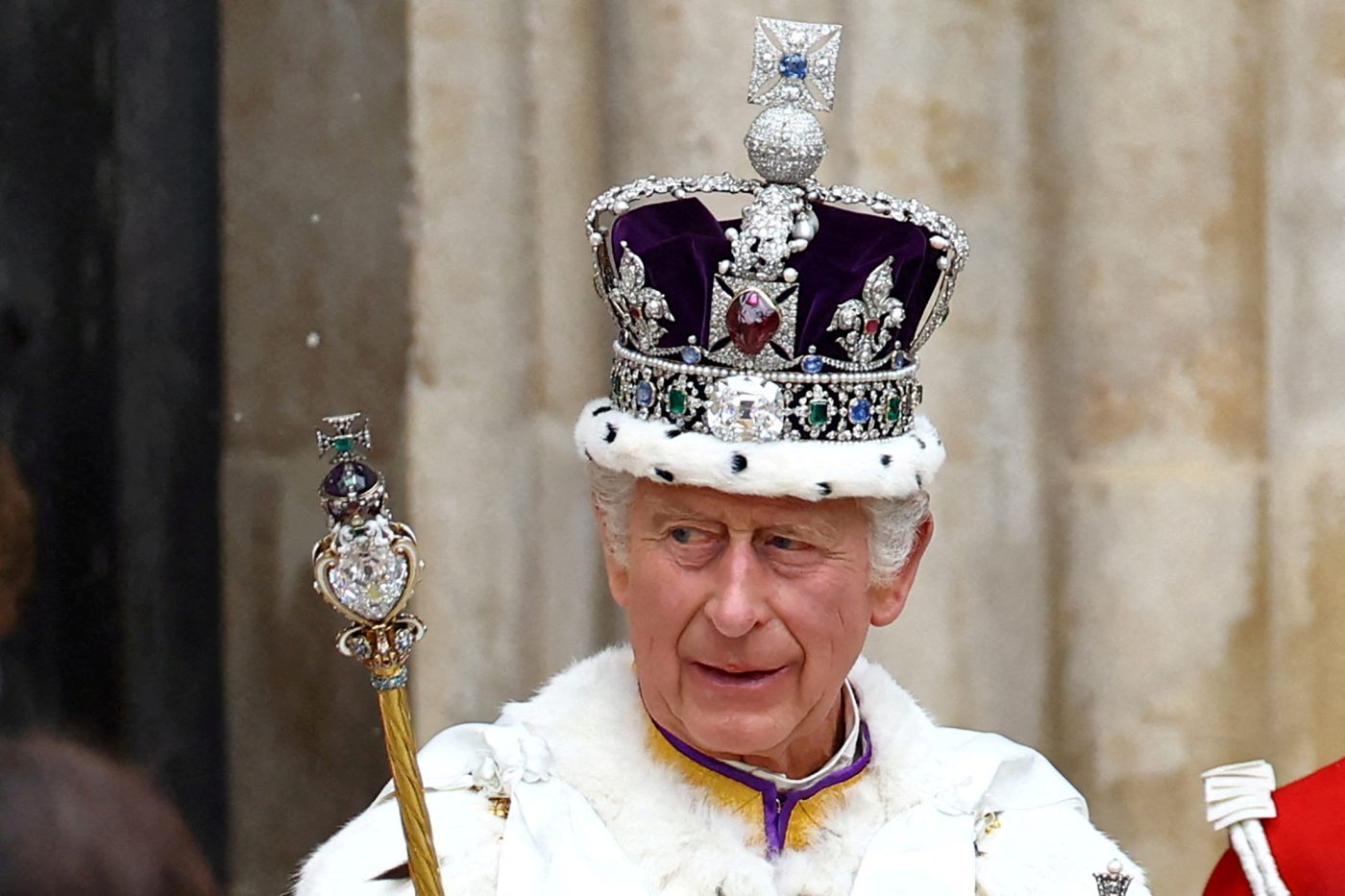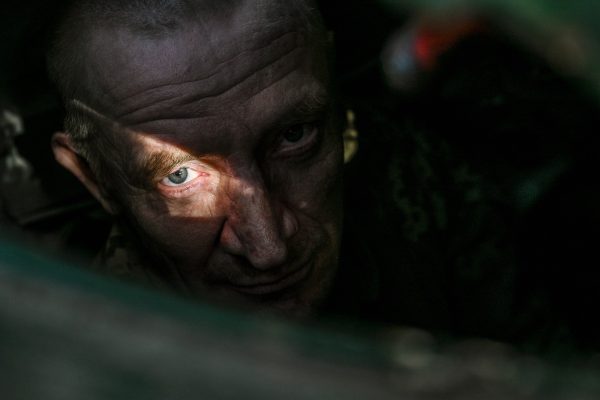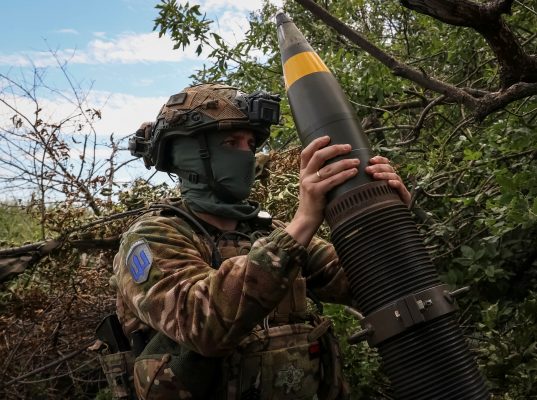At first sight, this weekend’s coronation ceremony in London and the upcoming Victory Day parade in Moscow on May 9th have certain unattractive similarities. Russia’s military is in trouble in Ukraine. Britain’s is stretched to breaking point even in peacetime. In both countries, the pomp on parade belies the shortcomings elsewhere.
Both events are heavy on past glory. But modern Russia’s fetishization of the “Great Patriotic War” of 1941-45 rests on amnesia about its origins (the Molotov-Ribbentrop Pact) and aftermath (the devastating occupation of eastern Europe). Similar, if lesser, criticisms could be levied at Britain (the Munich agreement of 1938, and the repatriation of the Cossacks in 1945.) Indigenous leaders from Britain’s ex-colonies lambast its amnesia over past conquests and looting, just as the Kremlin’s Moscow-centric razzmatazz excludes victims of Russia’s internal colonization.
Amid the glitz, these and other questions are dismissed as mean-minded or worse. If I were one of the anti-monarchy protesters arrested on Saturday morning in London on flimsy public-order charges, I would wonder why my country so confidently takes the high ground when it lambasts the Kremlin for punishing anti-war demonstrators in Russia.
But look at the differences. For a start, the hereditary principle, with its attendant immunities and privileges, may be indefensible in theory, but it survives well in practice: British voters show no appetite for abolishing the monarchy, though voters in other parts of the former British empire can and do decide for republican government. No such freedoms exist in Russia, where people have not had the chance to vote in a fair and open presidential contest for 20 years, and lately may not make even the mildest criticisms of their rulers.
More fundamentally, Russia’s grand public occasions celebrate the exercise of state power, whereas the British coronation celebrates its constraints. Despite its long history of the rule of law and parliamentary democracy, Britain does not have a written constitution, entrenching the way in which executive power is constrained. The closest we have to such a founding document is the coronation ceremony, which lays down the source of the sovereign’s power and the way in which it must be exercised.
Though Britain is nowadays a largely secular country, the heart of its system of government is Christian. Since the first coronation ceremony, devised by Saint Dunstan for King Edgar‘s coronation in 973 AD at Bath Abbey, the monarchy gains its powers from God, and exercises them in a religious context too. The latest coronation service still explicitly states that the monarch must account for his doings on the Day of Judgement.
Russian public religiosity also will be in abundance on May 9th, but as an accelerant not a constraint. Patriarch Kirill of the Russian Orthodox Church has been a fervent defender of Putin’s war in Ukraine. Anglicanism is still the “established” (state) church in England — though not in Scotland, Wales or Northern Ireland). But the days when it provided spiritual backbone for the nation’s patriotism are long gone.
The coronation ceremony’s symbolism underlines these points. The King approaches in humility, clad in a simple white linen shirt, the Colobium Sindonis. It is God that turns him from a mere man to a monarch. He is handed a sword, “a sign and symbol not of judgement, but of justice; not of might, but of mercy.” He swears, among other things, “to “help and defend widows and orphans, restore the things that are gone to decay, maintain the things that are restored, punish and reform what is amiss, and confirm what is in good order.”
It is quite hard to imagine Putin saying anything like that.
Europe’s Edge is CEPA’s online journal covering critical topics on the foreign policy docket across Europe and North America. All opinions are those of the author and do not necessarily represent the position or views of the institutions they represent or the Center for European Policy Analysis.





